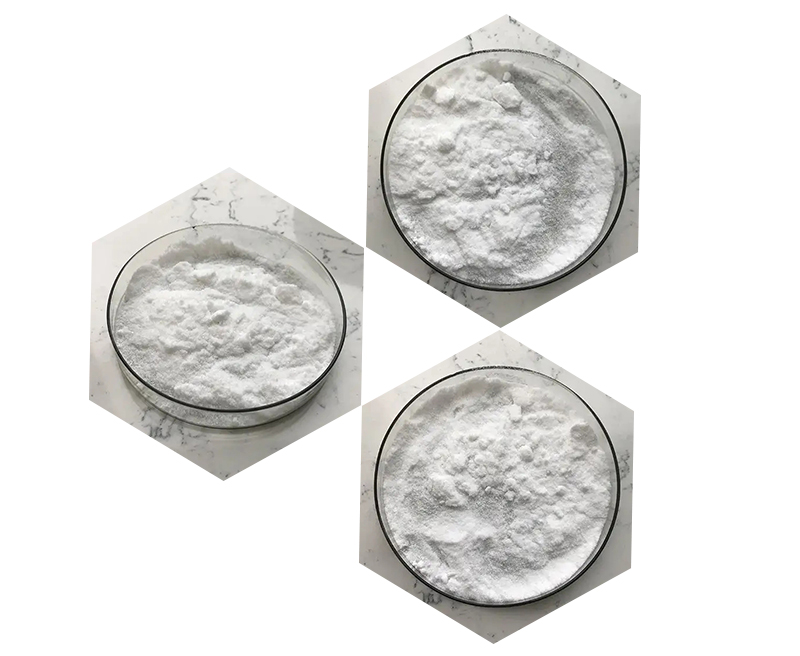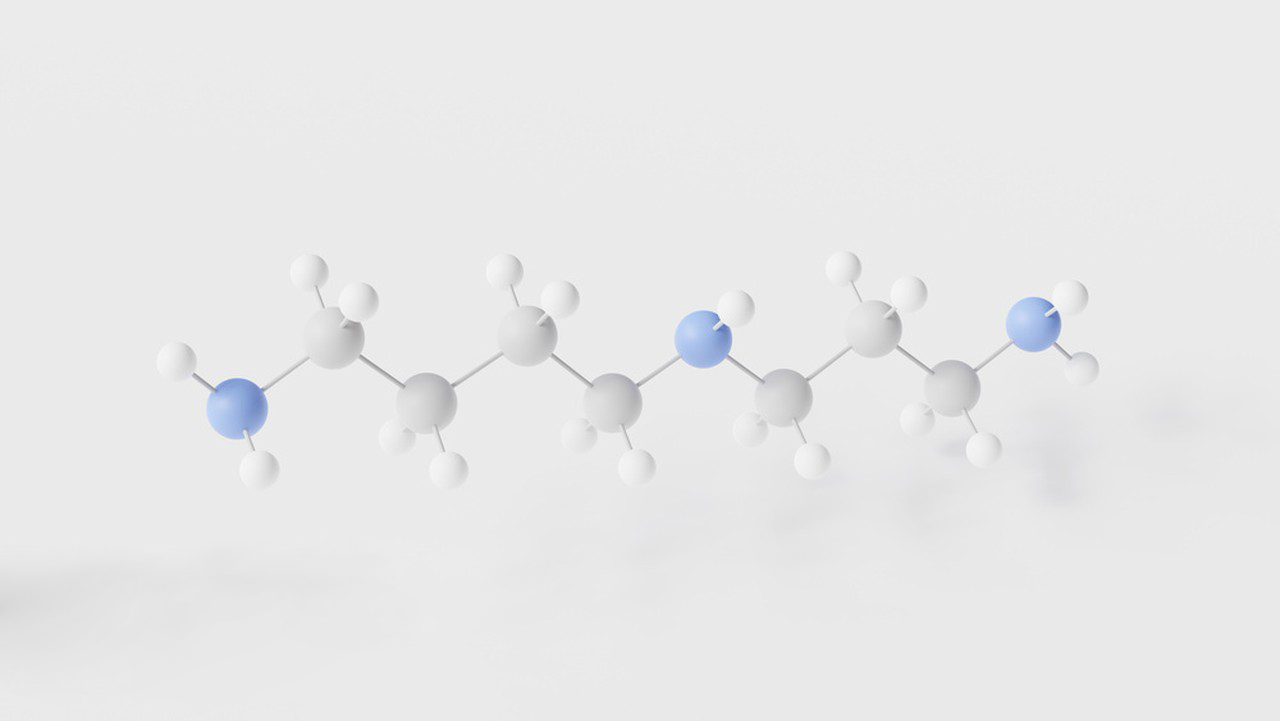Spermidine is a polyamine compound found in cells, and it plays a crucial role in various biological processes. Here is a brief overview of the comprehensive research on spermidine:
1.Cellular Functions:
Spermidine is involved in cell growth, proliferation, and differentiation.
It plays a role in DNA stabilization and RNA synthesis.
2.Autophagy Induction:
Spermidine has been shown to induce autophagy, a cellular process responsible for recycling damaged or unnecessary cellular components.
Autophagy is essential for maintaining cellular homeostasis and preventing the accumulation of toxic materials.

3.Anti-Aging Effects:
Research suggests that spermidine may have anti-aging effects. Studies on model organisms have shown increased lifespan with spermidine supplementation.
It may contribute to improved cellular function and resilience against age-related diseases.
4.Cardioprotective Properties:
Spermidine has been associated with cardiovascular health. It may help protect against heart disease by reducing oxidative stress and inflammation.
Some studies suggest that spermidine supplementation may have a positive impact on blood vessel function.
5.Neuroprotective Effects:
Research indicates that spermidine may have neuroprotective properties.
It may contribute to neuronal survival, reduce neuroinflammation, and protect against neurodegenerative diseases.
6.Cancer Research:
Spermidine has been studied for its potential role in cancer prevention. It may influence cell cycle regulation and apoptosis.
However, the relationship between spermidine and cancer is complex, and more research is needed to understand its effects in different types of cancer.

7.Dietary Sources and Supplementation:
Spermidine is naturally present in various foods, including wheat germ, soybeans, and certain fruits.
Some individuals choose to take spermidine supplements to ensure an adequate intake, although the long-term effects of supplementation are still under investigation.
8.Metabolic Regulation:
Spermidine is involved in metabolic processes, including energy production and glucose metabolism.
Its role in metabolic regulation makes it a subject of interest in research related to metabolic disorders.
It’s important to note that while there is promising research on spermidine, further studies are needed to fully understand its mechanisms of action, potential side effects, and optimal dosage for different health conditions. Before considering any supplementation, individuals should consult with healthcare professionals, especially if they have underlying health issues.
